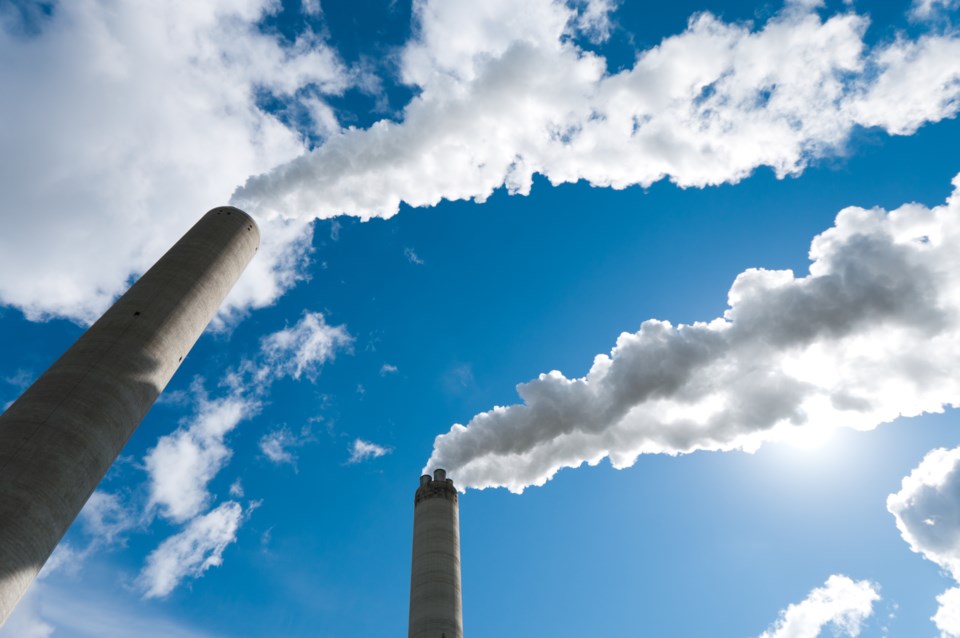Longmont City Council last week rebuffed proposed state legislation that would hasten measures to reduce greenhouse emissions, saying Longmont is already working to clean up air quality and making other changes to scrub the environment.
Council members said the bill - Senate Bill 21-200 - hands too much control over local environmental efforts to the state, including the Public Utilities Commission, or PUC.
“The spirit of this legislation is good,” Councilmember Aren Rodriguez told the council. “But the letter (of the bill) is flawed.”
“I think all of us want to see greenhouse gases reduced,” added Councilmember Polly Christensen. “We are really doing a lot of good work addressing these issues … and to have the PUC start ordering us around ... that creates a problem with our own ability to form our own plans.”
Council members decided to monitor SB21-200 through the legislative session with an eye toward suggesting amendments to the bill.
The measure directs the Air Quality Control Commission to push greenhouse gas emission reduction rules and establish a fee on greenhouse gas emissions. It would also require electric utilities to file plans with the Public Utilities Commission to achieve “specified emissions reductions,” according to the fiscal note on the bill written by the Legislative Council Staff.
In addition, the bill creates an environmental justice ombudsperson and advisory board within the Colorado Department of Public Health and Environment.
The bill has attracted support from Good Business Colorado, a statewide grassroots organization of over 370 “values-driven business owners working together to build a prosperous economy, equitable communities and a sustainable environment, “ according to a letter from the group to state lawmakers.
The Colorado Municipal League, however, opposes the bill as do Longmont city staff members who recently presented their objections in a report to the council.
The bill would require all electric utilities and cooperatives, including municipal utilities, to file clean energy plans with the PUC — which currently does not regulate municipal utilities — and reduce emissions 95% for 2005 levels between 2035 and 2040, the report states.
The bill would also force penalties if local results do not meet clean energy plan targets. ”The imposition of carbon fees would take money out of our communities without a clear explanation of where that money will go and who will determine how it gets spent,” the staff report states.
“The bill would really take out the city’s ability to plan its own greenhouse emissions efforts,” Sandi Seader, assistant city manager, said.
The city is working on several efforts to cut greenhouse gas emissions, including a plan to cut overall greenhouse gas emissions by 69% and reduce transportation-related fuel consumption by 33% by 2050.



